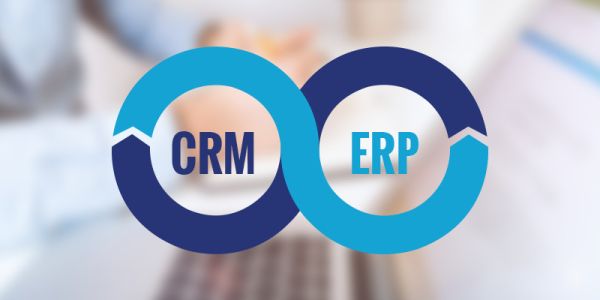CRM (Customer Relationship Management) and ERP (Enterprise Resource Planning) are two essential types of software solutions used by businesses to manage different aspects of their operations. Here's an overview of each:
CRM (Customer Relationship Management):
Purpose: CRM software is designed to help businesses manage interactions with current and potential customers. It focuses on improving customer relationships, sales processes, and marketing efforts.
Features:
Contact Management: Store and organize customer contact information, communication history, and interactions.
Sales Management: Track sales opportunities, manage leads, and streamline the sales process from lead generation to conversion.
Marketing Automation: Automate marketing campaigns, track customer interactions, and analyze marketing performance.
Customer Service and Support: Manage customer inquiries, complaints, and support tickets, ensuring timely resolution and customer satisfaction.
Analytics and Reporting: Analyze customer data, track key performance indicators (KPIs), and generate reports to improve decision-making.
Benefits:
Improved customer satisfaction and retention.
Streamlined sales and marketing processes.
Enhanced communication and collaboration across teams.
Better insights into customer behavior and preferences.
ERP (Enterprise Resource Planning):
Purpose: ERP software integrates core business processes and functions into a single system, providing a unified view of an organization's resources and operations. It covers areas such as finance, human resources, supply chain management, inventory, and manufacturing.
Modules:
Finance and Accounting: Manage financial transactions, budgeting, invoicing, and reporting.
Human Resources: Handle employee data, payroll, benefits administration, performance management, and recruitment.
Supply Chain Management (SCM): Optimize procurement, inventory management, logistics, and order fulfillment processes.
Manufacturing: Plan, schedule, and control production activities, including resource allocation and production tracking.
CRM Integration: Some ERP systems include CRM functionality or integrate with external CRM software to synchronize customer data and interactions across departments.
Benefits:
Improved efficiency and productivity by streamlining processes and reducing manual tasks.
Enhanced visibility and transparency into business operations.
Better decision-making through real-time data analysis and reporting.
Scalability to support business growth and expansion.
While CRM and ERP systems serve different purposes, they often complement each other in a business environment. Integrating CRM with ERP allows organizations to synchronize customer data with other business functions, ensuring a seamless flow of information across departments and improving overall efficiency and customer service. Additionally, CRM and ERP systems can be customized and tailored to meet the specific needs of different industries and business models.


